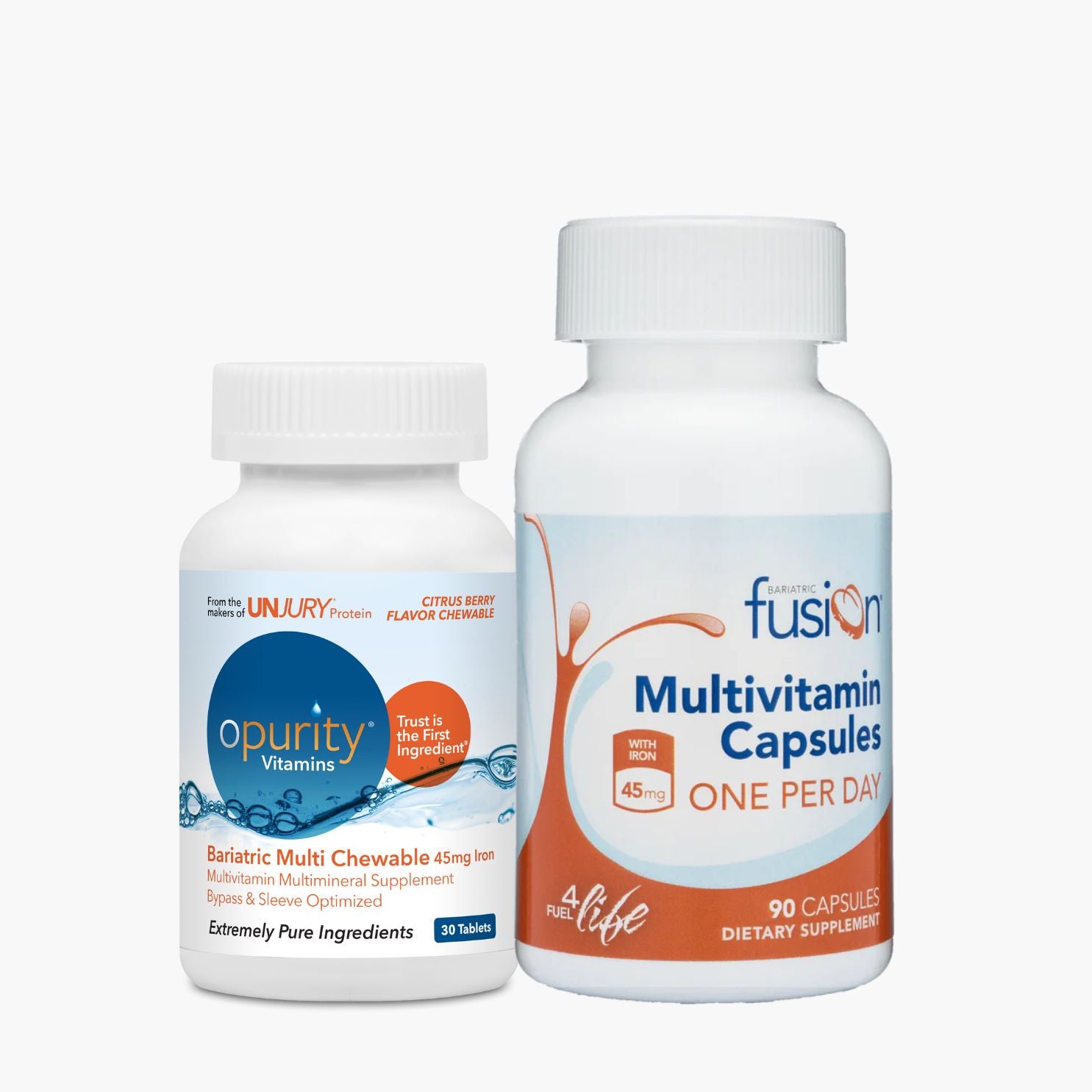Walk Your Way to Better Health: Benefits of Walking Daily
Can you really walk your way to better health? The answer is yes.
Walking is not only excellent for your health, but it’s also a simple and affordable way to help you feel your best. If you’ve been wondering whether walking promotes weight loss or how many steps you should aim for daily, we have the answers.
In this blog, we provide a clear breakdown of how walking can improve your physical health and happiness.
Physical Benefits of Walking
Studies have shown that a daily routine of physical activity, including walking, is associated with a longer lifespan.1,3 Daily walking is a simple, effective way to improve your overall quality of life.
Support heart health: Brisk walking can strengthen your heart, lower blood pressure, and reduce cholesterol levels. This can result in a lower risk of heart-related problems and keeps you active and energetic for longer periods.2
Strengthen muscles and bones: Regular walks are a low-impact activity for your muscles and bones, helping you stay strong and agile as you age.3
Manage your weight: Walking burns calories and can enhance digestion after a meal. It's a convenient and straightforward way to increase non-exercise activity thermogenesis (NEAT) without the pressure of a gym session.
Reduce the risk of illness: A daily walk can decrease the risk of developing health conditions such as type 2 diabetes and heart disease, helping you stay healthier for longer.3
Mental Health Benefits of Walking
The full range of benefits that walking offers goes beyond just improving your physical health. It can lower stress levels by releasing feel-good hormones, enhance your cognitive abilities, and ignite your creativity.
Reduce stress: Walking triggers the release of endorphins, which are the "feel-good" chemicals that help reduce stress and elevate your mood.4
Sharpen your mind: Regular physical activity is associated with better cognitive function. Walking can help keep your brain sharp and might even reduce the risk of dementia.5
Spark your creativity: Spending time walking outdoors, surrounded by natural settings and sunlight, can enhance your artistic inspiration and stimulate creativity.
Social interaction: Walking with friends not only makes exercise more enjoyable, but it also enhances your emotional well-being through engaging conversations and shared experiences.
How Many Steps Do I Need to Take Each Day?
Daily step count can vary based on your health goals, age, fitness level, and lifestyle. Here are some general guidelines:
- General wellness: 7,000 to 10,000 steps a day is generally recommended for maintaining health and preventing disease.6
- Weight management: If weight loss is your goal, you should try to reach at least 10,000 steps daily to help create a calorie deficit. However, the number of steps isn’t the only thing to consider when you are trying to improve overall health, the level of intensity will also impact your results.7
- Cardiovascular health: 10,000 to 12,000 steps can be beneficial to heart health and cardiovascular endurance.8
- Healthy aging: Older adults should focus on a comfortable walking pace and step count that keep you moving without overdoing it. Remember, balance and flexibility exercises are just as important as the number of steps you take.3
Summary
While it's beneficial to have a step count goal in mind, it's equally important to listen to your body and gradually work toward achieving those goals. The journey to better health is a marathon, not a sprint.
Think of walking as more than just a form of exercise. It’s an opportunity to enjoy nature, bond with friends, and find inspiration for a happier, healthier life. If you're just beginning, take that first step today—you'll thank yourself later!
References
1. Reimers CD et al. J Aging Res. 2012;2012:243958.
2. Murtagh EM et al. Curr Opin Cardiol. 2010;25(5):490–496.
3. Centers for Disease Control and Prevention. 2023. https://www.cdc.gov/physicalactivity/basics/pa-health/index.htm. Accessed on April 12, 2024.
4. Basso JC et al. Brain Plast. 2017;2(2):127–152.
5. Wang S et al. Int J Environ Res Public Health. 2021;18(24):13331.
6. Tudor-Locke C et al. Sports Med. 2004;34(1):1-8.
7. Creasy SA et al. Obesity (Silver Spring). 2018;26(6):977–984.
8. Lee IM et al. Lancet. 2012;380(9838):219-229.
This blog is for information and education purposes only. This information is not intended to substitute professional medical advice, diagnosis, or treatment. Please consult with a qualified healthcare provider with any questions in regard to a medical condition. A qualified healthcare professional can best assist you in deciding whether a dietary supplement is suitable based on your individual needs.











